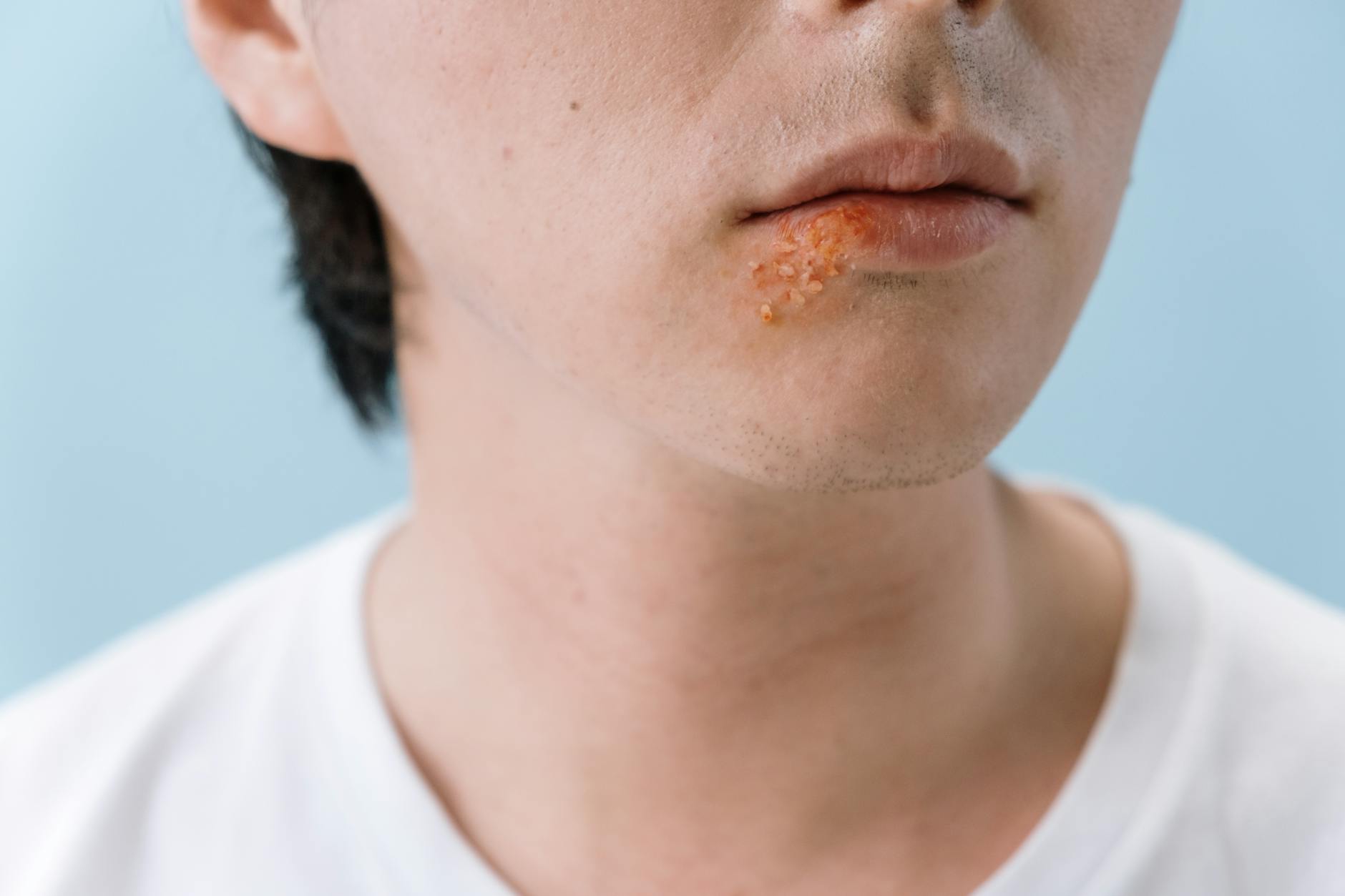Discover the surprising facts about cold sores and how to finally banish them for good. The answers may shock you!
Table of Contents
Cold sores are a common viral infection caused by the herpes simplex virus (HSV-1). While they are not usually a serious health concern, cold sores can be unsightly and uncomfortable. In this blog post, we will explore the causes of cold sores, how to treat and prevent them, and share some tips on managing this pesky condition.
What Are Cold Sores?
Cold sores, also known as fever blisters, are small, fluid-filled blisters that typically appear on or around the lips. They are caused by the herpes simplex virus and are highly contagious. Cold sores can be triggered by factors such as stress, a weakened immune system, or exposure to sunlight.
How to Treat Cold Sores
While there is no cure for the herpes simplex virus, there are several treatment options available to help manage cold sores. Over-the-counter medications, such as antiviral creams or ointments, can help reduce symptoms and speed up healing. In some cases, your doctor may prescribe antiviral medications to help control outbreaks.
It’s important to keep the affected area clean and dry to prevent the spread of the virus. Avoid touching or picking at the cold sore, as this can worsen symptoms and prolong healing time. Stick to a healthy diet and stay hydrated to help boost your immune system and prevent future outbreaks.
Preventing Cold Sores
While it’s not always possible to prevent cold sores, there are steps you can take to reduce your risk of developing them. Avoid close contact with individuals who have active cold sores, and refrain from sharing personal items such as towels, utensils, or lip balm. Practice good hygiene, including regular hand-washing, to help prevent the spread of the virus.
Managing Cold Sores
If you experience frequent or severe cold sore outbreaks, it may be helpful to track your triggers and identify patterns that contribute to flare-ups. Stress management techniques, such as meditation or deep breathing exercises, can help reduce stress levels and lower the risk of cold sores.
| The Truth About Cold Sores | |
|---|---|
| What You Need to Know | How to Get Rid of Them |
| Cold sores are caused by the herpes simplex virus | Apply antiviral creams |
| Cold sores are contagious | Keep the affected area clean and dry |
| Cold sores can be triggered by stress or illness | Avoid triggers and manage stress |
| Cold sores typically last 7-10 days | Use over-the-counter medications |
| There is no cure for cold sores | Consult a healthcare professional for severe cases |
Additionally, consider using lip balms or creams with SPF to protect your lips from sun exposure, as UV rays can trigger cold sore outbreaks. Stay informed about new treatment options and developments in cold sore research to ensure you are taking the best possible care of yourself.
Conclusion
While cold sores can be bothersome, they are a common condition that can be managed with the right approach. By understanding the causes of cold sores, implementing preventative measures, and seeking appropriate treatment when needed, you can minimize the impact of cold sores on your daily life. Remember to prioritize self-care and listen to your body’s signals to help keep cold sores at bay.
Frequently Asked Questions
Can cold sores be cured?
While there is no cure for cold sores, they can be managed with antiviral medications and over-the-counter treatments to help reduce symptoms and speed up healing.
How long do cold sores typically last?
Cold sores usually last 7-10 days, but with proper treatment, symptoms can be minimized and healing time can be shortened.
Are cold sores contagious?
Yes, cold sores are highly contagious, especially when the blisters are present. Avoid close contact with others to prevent spreading the virus.
What triggers cold sore outbreaks?
Cold sore outbreaks can be triggered by stress, a weakened immune system, exposure to sunlight, or illness. Identifying your triggers can help prevent future flare-ups.





